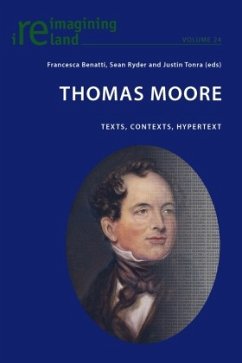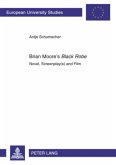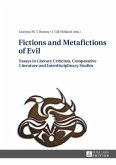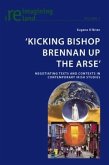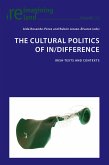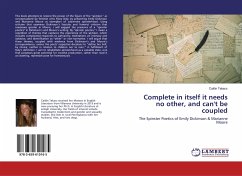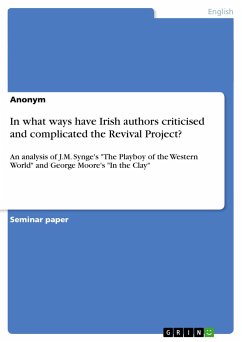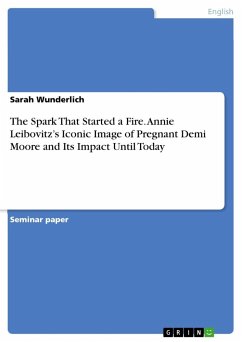This collection traces new directions in the study of Thomas Moore (1779-1852) and examines the multiple facets of his complex identity, not only as the foremost Irish poet of his time, but also as a lyricist, satirist, polemicist, patriot and journalist. The range of contributors is interdisciplinary and international, and includes leading scholars of literature, music, history and digital humanities.
The essays collected here present a new assessment of Moore's career and reflect on the future directions for Moore scholars enabled by digital resources and methodologies. They highlight Moore's far-reaching influence on nineteenth-century European Romanticism, his formative participation in Whig political discourse and his central role in the construction of Irish identity from the nineteenth to the twenty-first centuries.
The essays collected here present a new assessment of Moore's career and reflect on the future directions for Moore scholars enabled by digital resources and methodologies. They highlight Moore's far-reaching influence on nineteenth-century European Romanticism, his formative participation in Whig political discourse and his central role in the construction of Irish identity from the nineteenth to the twenty-first centuries.

